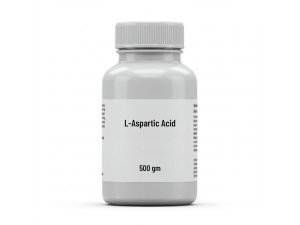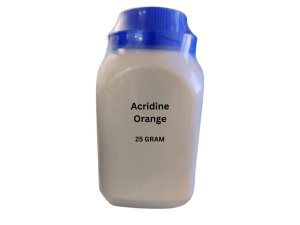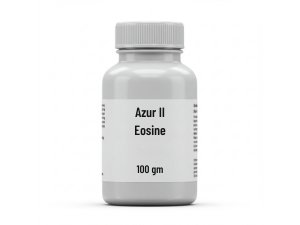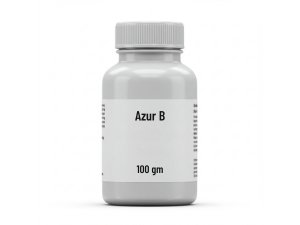L-Aspartic Acid 98%
₹0.00 – ₹1,970.00
L-Aspartic Acid is a naturally occurring, non-essential amino acid vital for protein synthesis and various metabolic processes. It plays key roles in the urea cycle and neurotransmitter function.
L-Aspartic Acid is a naturally occurring, non-essential amino acid that plays a crucial role in various biological processes. Here's a more detailed description:
Fundamental Properties:
- Nature:
- It's an α-amino acid, meaning the amino and carboxyl groups are attached to the same carbon atom.
- It's classified as a dicarboxylic amino acid, having two carboxyl groups.
- It's a proteinogenic amino acid, meaning it's incorporated into proteins.
- It is a non-essential amino acid, meaning that the human body can produce it.
- Chemical Structure:
- Its chemical structure features a carboxyl group in its side chain, which contributes to its acidic properties.
Biological Roles:
- Protein Synthesis:
- As a proteinogenic amino acid, it's a building block of proteins, essential for cell growth and repair.
- Urea Cycle:
- It plays a vital role in the urea cycle, a metabolic pathway that eliminates ammonia from the body.
- Neurotransmitter Function:
- It acts as an excitatory neurotransmitter in the central nervous system.
- Metabolic Pathways:
- It's involved in various metabolic pathways, including the synthesis of other amino acids and nucleotides.
- Aspartate Transaminase:
- L-aspartic acid is involved in the Aspartate transaminase enzyme reaction. This enzyme is important in liver function.
Applications:
- Pharmaceuticals:
- It's used in some pharmaceutical formulations.
- Food Industry:
- It's a component of aspartame, an artificial sweetener.
- Research:
- It's used in biochemical and physiological studies.
Key Characteristics:
- Appearance: White crystalline powder.
- Solubility: Slightly soluble in water.
In summary, L-aspartic acid is a versatile amino acid with essential roles in protein synthesis, metabolism, and neurotransmission.
Additional information
| Weight | N/A |
|---|---|
| CAS number | 56-84-8 |
| Chemical formula | C₄H₇NO₄ |
| Molar mass | 133.10 g/mol |
| Physical state | White crystalline powder. |
| Odor | Odorless |
| Melting point | 270°C (decomposes) |
| Boiling point | Decomposes before boiling. |
| Density | 1.66 g/cm³ |
| Solubility in water | Slightly soluble in water. |
| Flash point: | NA |
| Autoignition temperature | NA |
| Dye Content | NA |
| Vapor pressure | Very Low |
| UN number | NA |
| Flammability | Combustible, but not highly flammable. |
| Carcinogenicity | Not considered carcinogenic. |
| Grade | CP |
| Size | 500 gm, 5 kg, 25 kg |
Only logged in customers who have purchased this product may leave a review.








Reviews
There are no reviews yet.